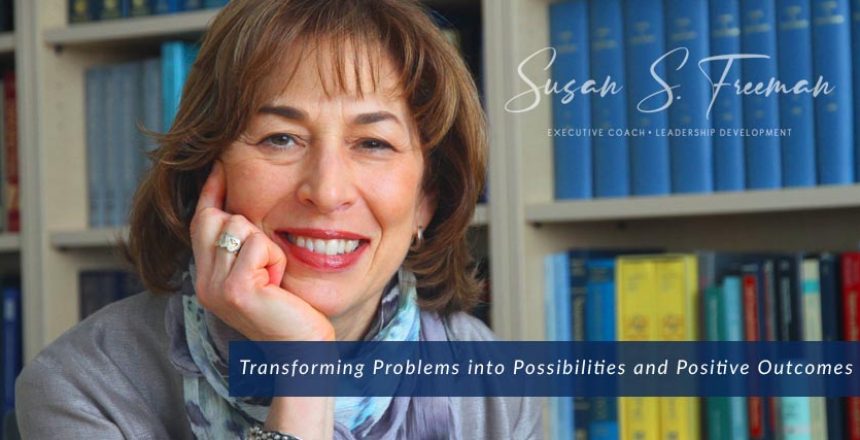Cultivating Women Leaders: A Research Inquiry

This material was developed by me and presented at a recent panel that explored women’s leadership entitled “Education for a Changing Planet.” This was the first summit convened by The Akilah Institute, an organization to which I have been deeply committed for a decade. For more information on this extraordinary entrepreneurial story that is changing education and economic empowerment on the planet, visit their website. This will be a four part series published over the next several weeks.
Part I: How do people become leaders?
I’m thrilled that we are having this conversation to explore the need for cultivating women leaders, both in and out of school. I like to say that leaders are made; not born. Learning to be an effective leader rarely comes naturally and usually takes a lot of practice. Workplaces and schools can offer us these opportunities, if they are designed to do so.
As an executive coach, I find that curiosity and a strong desire for personal learning are hallmarks of coach-ability. In my experience, leaders are challenged by blind spots around self-awareness, the ability to articulate vision, and to build relationships to work with and through others.
Too often leaders worry about not having all the right answers. Instead, I invite them to focus on whether or not they are asking the right questions! Learn to focus on the questions, and fill your pages with inquiry. The answers will show up.
In order to explore the causes and possible solutions to job and income inequality, let’s briefly look at some of the compelling research on the subject. Research shows that especially for women to rise, thoughtful approaches to leadership development opportunities are critical for their success; often these are unseen barriers. Research shows the importance of women’ early exposure to challenges, leadership opportunities, mentors, and others who encourage and support her to take on challenges is critical to her confidence. (Harvard Business Review; June, 2013 by Ibarra, Ely and Kolb)
Although many companies are making gender diversity a priority, they often become frustrated, when after investing time and money on efforts, not much happens. What’s going on?
- Becoming a leader involves more than being put in a role and acquiring new skills. It requires a fundamental identity shift.
Research shows that that companies must support a woman’s motivation to lead, while also increasing the likelihood that others will recognize and encourage her efforts
- By internalizing a leadership identity and developing a sense of purpose.
- What may begin as tentative, grows as they are offered high-profile, challenging assignments.
Effective leaders develop a sense of purpose by pursuing goals that align with their values and advance the collective good.
- This allows them to move forward and take risks, despite their fears or insecurities.
- This is particularly challenging for women, as our culture is conflicted about how and when they should exercise authority. Consider that we haven’t yet had a female President in the U.S. in 2019!

